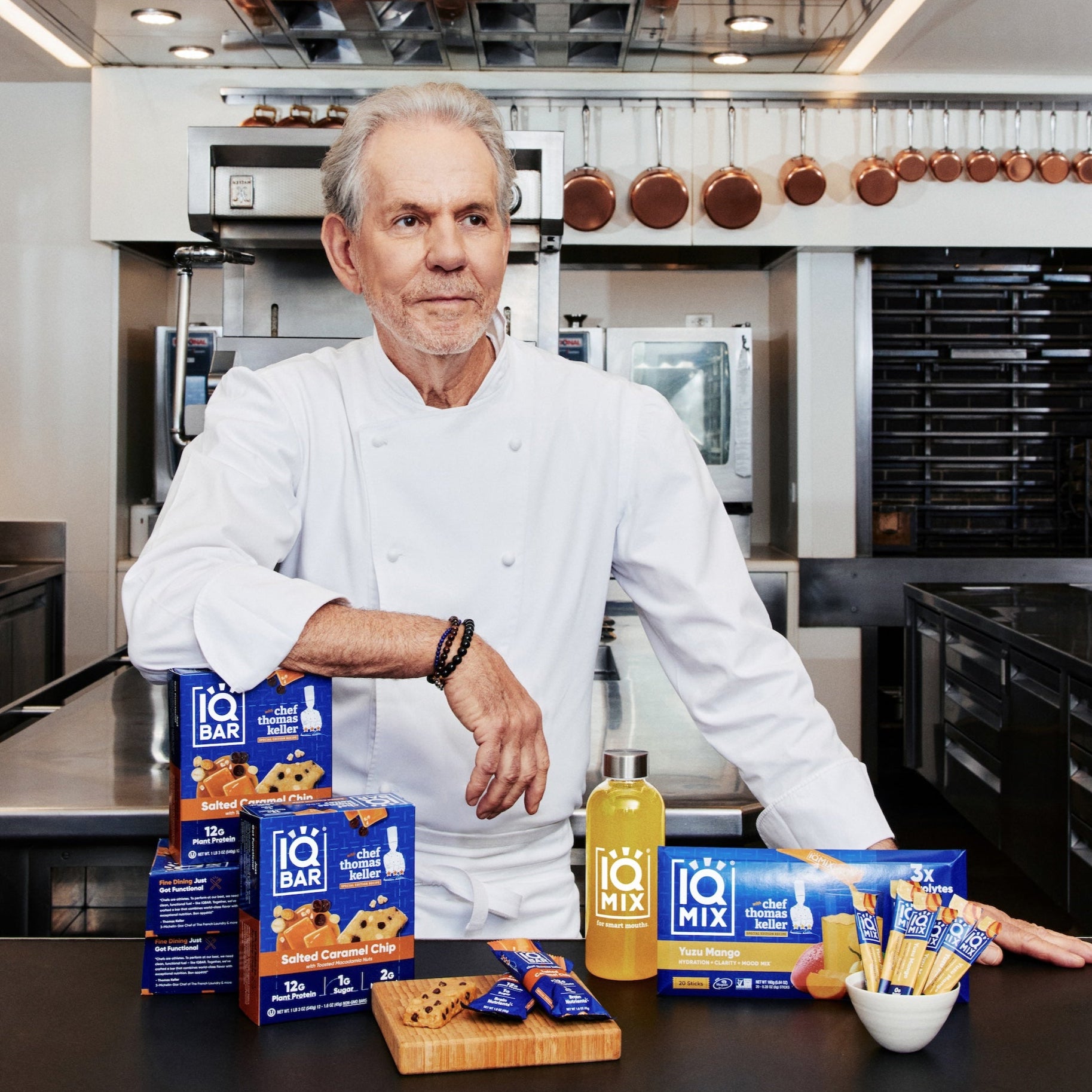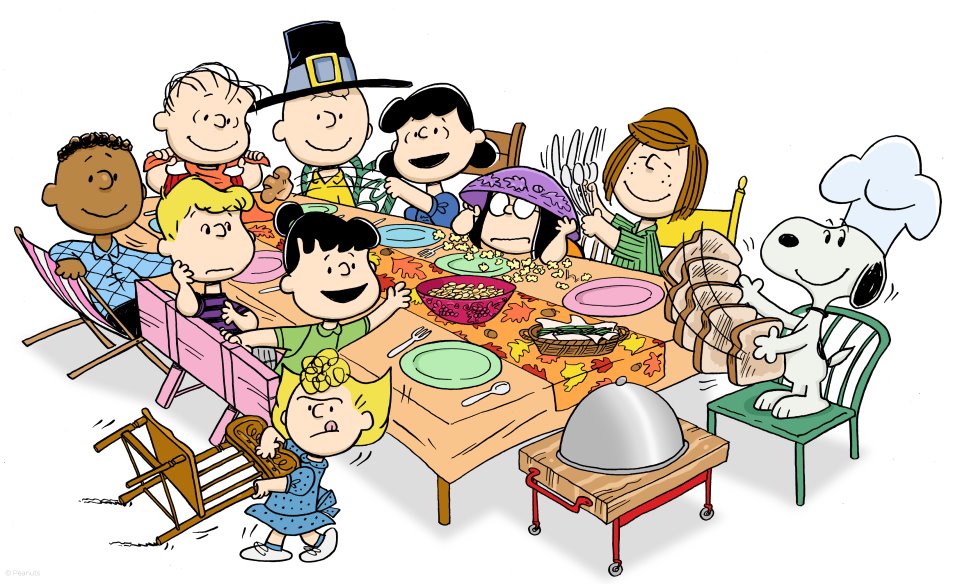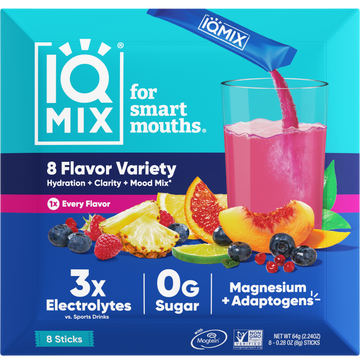I Had a Passion
When I started at college, like most 18-year-olds, I had no idea what I wanted to do with my life. Then, in the first semester of my junior year, I enrolled in a psychology and neuroscience course called Science of Living Systems 20 (taught by the now-famous Dan Gilbert). Within the first five classes, I was hooked. A topic I had taken for granted all my life – why people act the way they do – was suddenly all I could think about. For the first time in my academic career, homework became fun. Tests became an excuse to absorb more knowledge.
For the rest of my time in college, I took as many psychology and neuroscience classes as I could. In addition, I conducted research for a brilliant professor of Organizational Behavior (i.e., psychology meets business) named Tom DeLong at Harvard Business School throughout my senior year. Yet as graduation neared, I struggled to identify a professional track that best aligned with my new passion. Ultimately, I accepted a marketing position at a Boston-based software company, telling myself: “marketing is psychology”.
I Had a Problem
Marketing was not psychology. At least not for an entry-level employee like myself. Rather, my job – like many first jobs – entailed long hours of data cleaning and PowerPoint slide creation at my computer each day. And while I appreciated the value of hard work and paying one’s dues, I found myself constantly having thoughts like: “Does it really matter that ‘Email Subject A’ had a 5% higher click-through rate?” (it does).
Even worse, soon after transitioning to this more taxing lifestyle, I began suffering from mental fatigue and lack of clarity on a regular basis. To make it through each day I consumed more and more sugar and caffeine, yet this only made things worse. Desperate for a return to normalcy, I experimented with various sleep and exercise regimens. None proved to be a silver bullet.
I Found a Solution
Then, by a stroke of luck, I came across Dr. David Perlmutter’s best-selling book Grain Brain. His message was simple. For the vast majority of human evolution, we’ve consumed a low-carb, high-fat (LCHF) diet. By abandoning modern, high-carb foods and returning to our genome’s preferred diet, we can achieve sustained energy, a slim waistline, and long-term brain health. Perlmutter corroborates this message with a large body of research linking the LCHF diet to superior short- and long-term cognitive outcomes.
This work fascinated me from both a neuroscientific and self-help standpoint, and spurred me to research the LCHF diet further. I soon discovered that numerous other authorities in the field like Dr. Mark Hyman (author of Eat Fat, Get Thin) and science writer Gary Taubes (author of Good Calories, Bad Calories) were major proponents of the regimen, each offering his own body of corroborating research. Moreover, I discovered that many of the most successful diets on the planet – Paleo, Ketogenic, Whole 30 – centered on the same dietary principles.
Sufficiently intrigued, I phased out my high-carb dietary staples like bread, pasta, and rice for high-fat foods like avocados, nuts, and seeds. Within weeks, I was vastly more energized and clear-headed throughout the day. After a month, my headaches subsided and my mood was hugely elevated. I even started losing weight, despite keeping my exercise routine unchanged. In an effort to democratize my discovery, I trumpeted this diet to friends and coworkers. This didn’t scratch my itch, though. “More people need to know about this,” I thought.
I Realized I Wasn’t Alone
I knew that diet-related issues were shared by others, but was shocked when I learned through basic research just how massive this group was. For instance, the Type II diabetic population is up four-fold in the US since 1980 (when the low-fat movement took root, cough, cough) and 76% of American workers suffer from fatigue on a daily basis. Most shocking of all were the statistics I read on the longer-term issue of cognitive decline, a phenomenon closely linked to diet. Did you know that 16 million Americans will have Alzheimer’s by 2050?
The more I learned, the more I understood why works like Grain Brain and diets like Whole 30 had achieved such massive success. A large and growing population was fed up with the effects the Western diet was having on their brains and bodies, and was actively fighting back. However, I sood discovered that while this LCHF group now had access to cookbooks (e.g., The Whole 30 Cookbook), podcasts (e.g., The Tim Ferriss Show), and supplements (e.g., Bulletproof products) that aligned with their diet, they were sorely under-served in the ready-to-eat food category.
A Light-bulb Went Off
At first, this void in the market presented a problem for me. To comply with my LCHF diet, I had to prepare all my own meals, which was incredibly difficult given my work schedule. In speaking with others following LCHF, I found that they too struggled with this dynamic. After having the tenth-or-so identical conversation on this topic, I had an “Ah-Ha” moment. I could be the one to create a ready-to-eat solution. All-of-the-sudden, my problem was a major opportunity.
A food bar was a logical medium to pursue, given that the market for this type of product is large and growing, and the production process is relatively straightforward. However, to simply create a bar that was low-carb/high-fat would be a wasted opportunity. Given my background in, and passion for, psychology and neuroscience, why not create a bar that was also optimized for the brain? Thus, I set out on a year-long process of creating products that contain meaningful amounts of energizing and brain-fortifying compounds, and exclude GMOs, grains, dairy, soy, and added sugar. After 100+ iterations, IQ Bar was born!
My Take-aways…
When I stop to consider why I’ve abandoned a “safe” career in software to start IQ Bar, four primary factors come to mind:
- I was passionate about a field (psychology and neuroscience), and willing to make sacrifices to work in that field – even if it meant I had to literally create my own job.
- I was equally un-passionate about my day job. The problem wasn’t hard work or long hours (I work harder and longer now). The problem was that software didn’t excite me.
- I’ve always wanted to be my own boss, and to create something from nothing. Starting IQ Bar gave me the opportunity to do both of these things.
- Food has the unique quality of being fun, relatable, and – for many of us – a tool that can be used to achieve important life goals. Why wouldn’t you sell a product like that if you had the opportunity?



